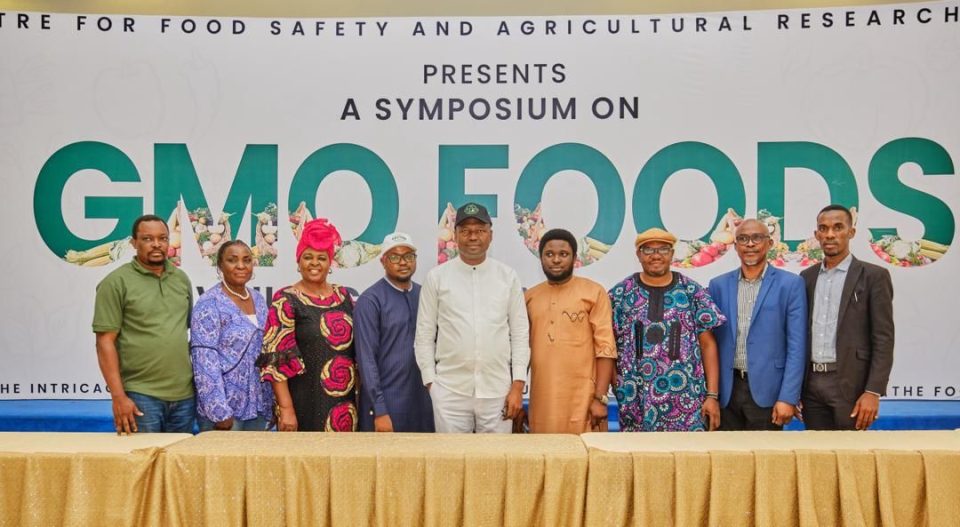Experts Seek Support for Organic Farming, Caution Against GMOs
Agricultural experts at a symposium hosted by the Centre for Food Safety and Agricultural Research (CEFSAR) in Lagos called for a reevaluation of Genetically Modified Organisms (GMOs) and a shift towards organic farming practices in Nigeria.
The symposium, themed “GMO Foods: Unveiling the Landscapes and Debates Beyond the Laboratory,” brought together a diverse range of stakeholders to discuss the complexities surrounding GMO technology.
“There appears to be a concern that some external forces are promoting GMO products for profit,” said a CEFSAR representative. “Our center is committed to gathering the voices of those concerned about the potential dangers of GMO foods.”
Speakers emphasized the importance of supporting Nigerian farmers. “Farmers are our nation’s greatest asset,” said a former Commissioner of Women’s Affairs in Anambra State. “They are essential for food security and economic development. In 2008, a committee on Agriculture and Food Security developed a Vision 2020 plan to leverage agriculture for national growth.”
Dr. Adesoji Saka and Professor Phillip Njemanze expressed concerns about a possible link between GMO consumption and the rise in cancer cases. Dr. Joyce Brown highlighted other issues associated with GMOs, such as seed monopolies, increased pesticide use, the emergence of superweeds, and reduced biodiversity and nutritional value due to monoculture farming practices.
Legal practitioner Mr. Bismarck Akintoye called for a review of seed laws in Nigeria, particularly those related to biotechnology, suggesting that some legislation may have been passed without proper understanding of the potential consequences.
Agribusiness specialist Mr. Oluwaseyi Ife laja expressed his belief that the proliferation of GMO seeds is a form of neo-colonialism targeting developing countries. “The discussion on GMOs should have been more thorough before implementation,” he concluded.

